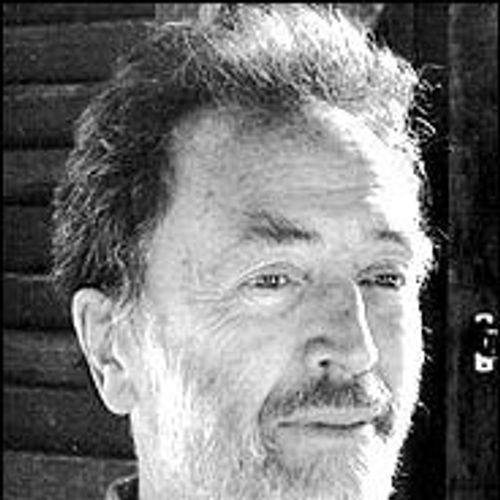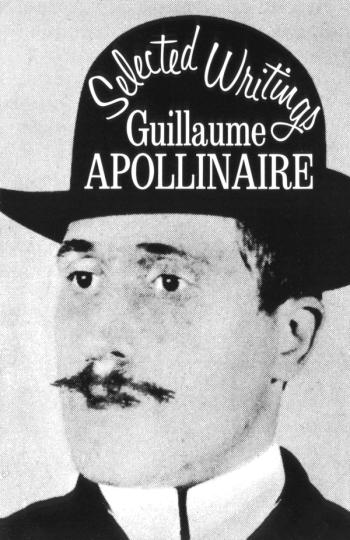Roger Shattuck
Roger Whitney Shattuck (1923–2005) was a french scholar, writer, and professor. Said to be old-fashioned with a strong moral compass, Shattuck often wrote on an old typewriter by the light of a kerosene lamp. He was a graduate of Yale and one of the founding members of the Association of Literary Scholars and Critics who counted Jean Cocteau, Georges Braque, and Alice B. Toklas among his friends. During World War II Shattuck served in the Army Air Corps and he also worked in France for UNESCO’s film service. During his lifetime he wrote sixteen books including six translations, and his essays frequently appeared in the New York Review of Books. He is best known for his work The Banquet Years: The Origins of the Avant-Garde in France, 1885 to World War I. In 1975 he received a National Book Award for his work on Marcel Proust. Shattuck was also a professor, despite the fact that he never attended graduate school, and taught at Harvard, Boston University, the University of Virginia, and the University of Texas at Austin.

